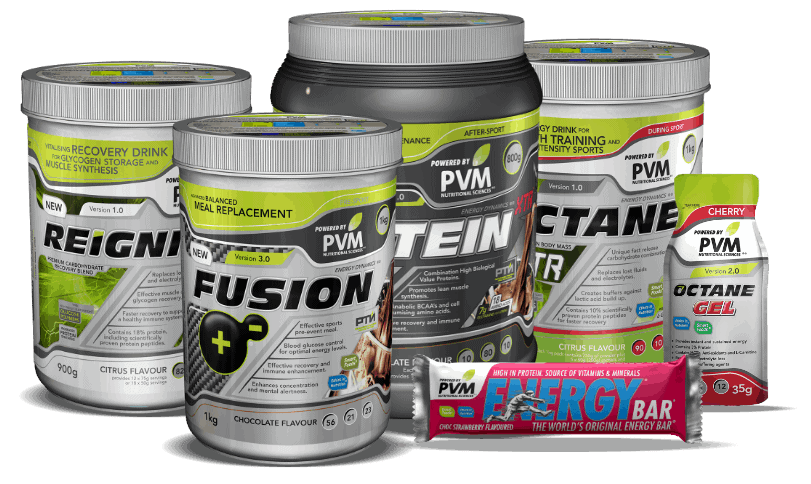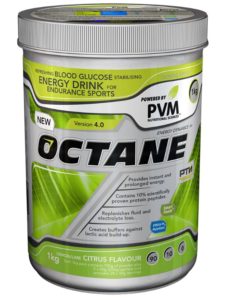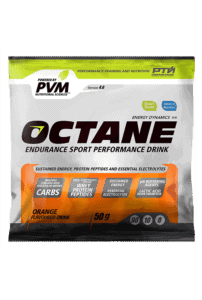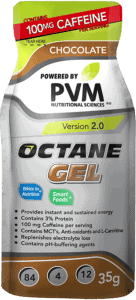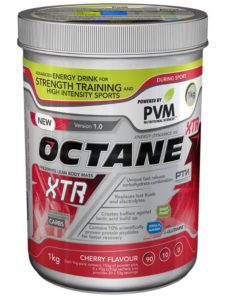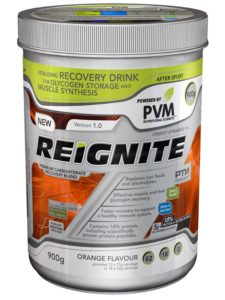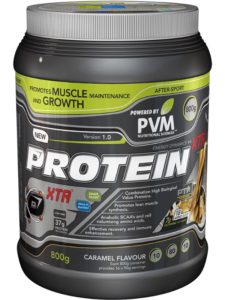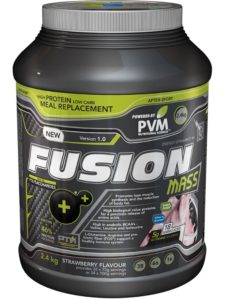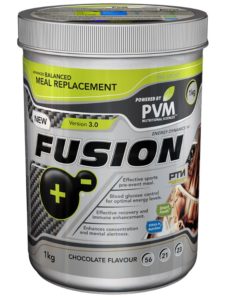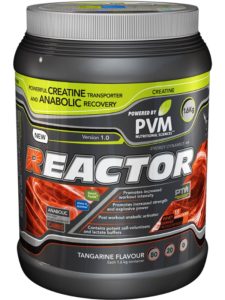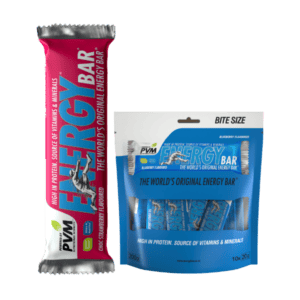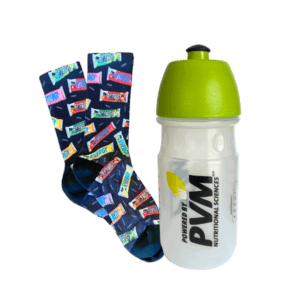Exercise and training are important to improve general health and athletic performance. Professional athletes understand that they must be fit for purpose, therefore they have to engage in specific and deliberate training during preparation for competition.
Changes occur in the human body in response to specific training stimuli, allowing athletes to improve and to become bigger, faster stronger, fitter etc. These changes are collectively referred to as adaptations. Nutritional intake can either enhance or negate some of the positive effects of training. It is therefore crucial that athletes synchronise their training and nutritional intake. As part of this process optimal recovery after training is crucial and athletes should pay careful attention to recovery strategies.
Recovery occurs in different phases (immediate, extended and prolonged) and can last up to 24-48 hours post-training depending on the type, intensity and duration of the session. The goals and nutritional considerations of each recovery phase differs.
Immediate Recovery
A recovery “window of opportunity” exists directly after physical exertion, when nutrients are prioritised for glycogen and muscle recovery. The intake of specific nutrients after training has a significant impact on the ability to recover for subsequent training bouts and to shift the metabolism from a catabolic to anabolic state
The goals of recovery can be summarised by the 4 R’s.
- Restore/Replenish muscle and liver glycogen (carbohydrate stored in muscle) after training. Glycogen is the storage form of carbohydrates.
- Rehydrate with fluid and electrolytes based on sweat loss in training. You can use your urine colour as a hydration guide. Please note that vitamin supplementation can also influence the colour. See the urine colour chart at the end of the document.
- Repair muscle and aid with muscle synthesis.
- Reinforce training adaptations and immune system support. Recovery strategies should support the synthesis of red blood cells and other cellular components as part of the repair and adaptation process.
The intake of carbohydrates and some protein within the first few minutes after exercise is crucial for achieving these goals, because the speed of nutrient uptake is fast. Guidelines for choosing food and/ or supplement are listed below.
| GOALS | GUIDELINES |
|---|---|
| Glycogen replenishment |
|
| Fluid and electrolyte replacement |
|
| Protein synthesis |
|
| Immune system support |
|
The Combination of Carbohydrates and Protein of Recovery
Optimal muscle repair and protein synthesis only occurs if the carbohydrate stores (glycogen) in the muscle is replenished. Immediately after exercise glycogen replenishment is prioritised. Thus, the combination of protein and carbohydrates should be consumed.
A common mistake athletes make is only consuming protein immediately after exercise. This leads to the utilisation of amino acids (building blocks of protein) to replace glycogen and subsequently decreased amino acid availability required for muscle repair and protein synthesis. It is a costly and ineffective strategy to replenish glycogen with protein.
Research confirms that specific ratios of carbohydrates and protein is required immediately after intense exercise. The combination of carbohydrates and protein enhances insulin secretion which stimulates the uptake of amino acids to start muscle repair, remodelling and protein synthesis whilst muscle glycogen is replenished. Reignite contains the recommended carb: protein ratio of 3-4:1.
How much?
- Consume 0.7-1g/kg body mass carbohydrates in the first 0-30 min after training.
- Consume 0.2-0.5g/kg body mass protein in combination with carbohydrates in the first 0-30 min after training.
Urine Colour Chart
You can monitor your weight, thirst and the colour of your urine to evaluate your hydration levels and adjust your fluid intake accordingly. Try to keep your urine between 1- 2, after sleeping you may be closer to 3, but avoid ≥ 4.
| < 1.009 | Well-hydrated | |
| 1.009 - 1.020 | Hydrated | |
| 1.021 - 1.025 | Minimal dehydration | |
| 1.026 - 1.030 | Significant dehydration | |
| ≥ 1.031 | Severe dehydration |
